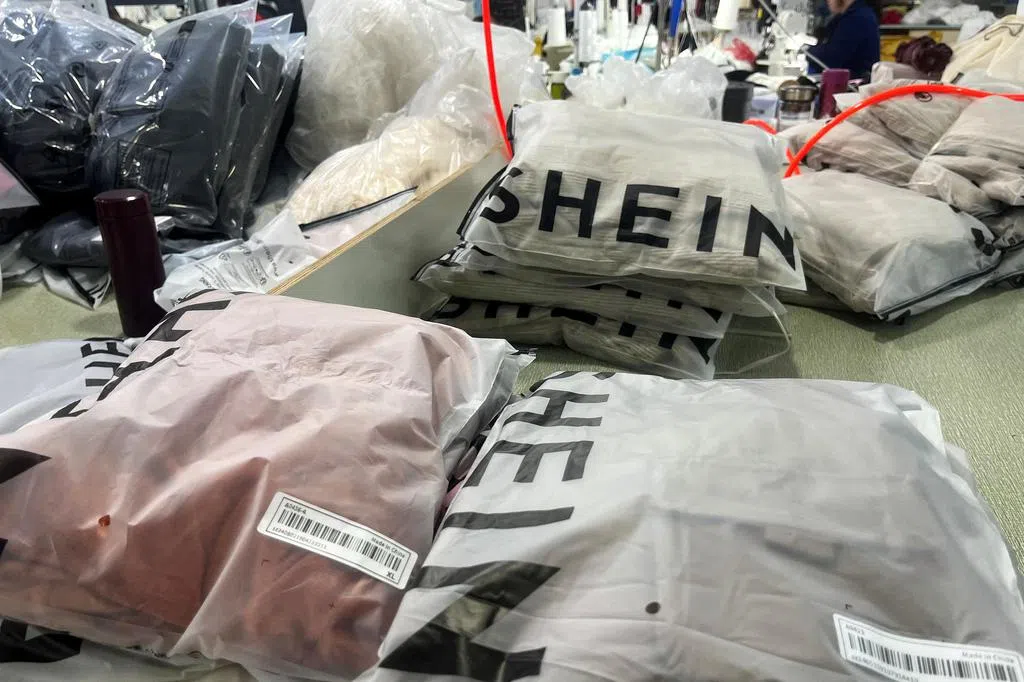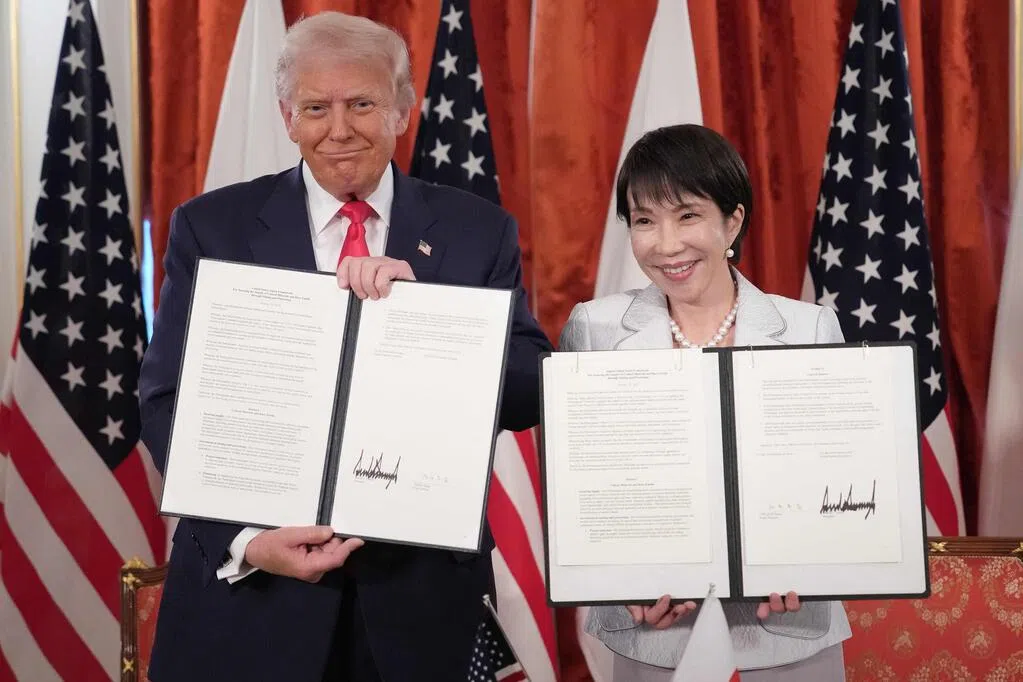(Brussels/Beijing) The European Union is stepping up efforts to curb the influx of cheap goods from China, urging member states to agree to impose processing fees on small parcels purchased from e-commerce platforms such as SYN, Temu, and AliExpress starting in early 2026, more than two years earlier than originally planned.
The Financial Times reported on Wednesday (November 12), citing an internal EU letter, that EU Trade Commissioner Šefčovič wrote to finance ministers of member states, urging them to agree at their meeting on Thursday to implement the small parcel processing fee in the first quarter of next year, in order to protect domestic retailers from unfair competition.
Šefčovič said, "This is an important step in ensuring the EU maintains its leading position in the rapidly changing trade reality."
He also stated that imposing processing fees on small online parcels "will send a strong signal that Europe is determined to enhance its competitiveness and ensure a level playing field for businesses within its borders."
The European Union announced its intention to impose a small parcel handling fee 10 days before the G20 summit, indicating a stronger stance from the European Commission regarding what it considers unfair trade practices by Beijing. At the G20 summit in South Africa, European leaders are expected to seek consultations with Chinese President Xi Jinping on related trade issues.
Further Reading


The European Commission had originally proposed in May to formally abolish the €150 (approximately S$226) minimum price threshold for customs duties on small parcels by mid-2028, and to impose a €2 handling fee on each parcel. Last year, over 80% of the €4.6 billion worth of goods purchased online by European consumers came from China.
Sefkovic stated that this timeline is out of step with the urgency of the situation. European retailers have repeatedly called for an immediate correction of the distorted competition, and the EU struggles to explain why it cannot act more quickly.
French Finance Minister Lescuer and Italian Finance Minister Giorgetti also stated on the same day that they hope to implement the fee as early as the beginning of next year.
Italian Industry Minister Urso also told reporters in Rome that Italy plans to begin levying customs duties on small parcels sent from outside Europe by the end of this year.
Temu and other platforms under investigation in France for allegedly selling pornographic products to minors.
French authorities disclosed last week that third-party sellers on the Temu platform were selling sex dolls resembling children and prohibited weapons. After confirming on Friday (7th) that the prohibited items had been completely removed, Temu was allowed to continue operating, but subject to "close monitoring." Simultaneously, the French Ministry of the Interior formally filed a lawsuit in court.
In addition, Temu, the overseas platform of Alibaba's AliExpress and Pinduoduo, is also under investigation, potentially for selling sex dolls and disseminating pornographic content to minors.
Temu stated that it is cooperating with French authorities to strengthen its mechanisms for protecting minors and reiterated that it is not involved in the sale of sex dolls resembling children, and that the platform does not allow the sale of such dolls or any related items.
China requires e-commerce platforms to submit sales data to crack down on tax evasion.
According to Bloomberg, Chinese tax authorities have for the first time this year required e-commerce platforms, including Amazon, to submit sales data to combat tax evasion in cross-border e-commerce. This rare move indicates that Beijing is continuously increasing its efforts to enforce tax collection in the "gray area."
Multiple e-commerce platforms across different provinces and cities in China revealed that in recent months, Chinese tax authorities have been requesting platforms to submit third-quarter revenue data for some merchants in an effort to curb underreporting of sales.
Sources familiar with the matter said that Amazon began submitting data in mid-October, and AliExpress, Temu, and Xiyin, among others, submitted data to regulators a few weeks ago. The tax authorities have not accused the platforms of any wrongdoing.
It is alleged that the sales figures reported by the platforms are typically far higher than the figures declared by merchants to the tax authorities. If merchants amend their declarations to match the platform data, they could face up to 13% in value-added tax and corporate tax, with the back taxes evading their profits.



